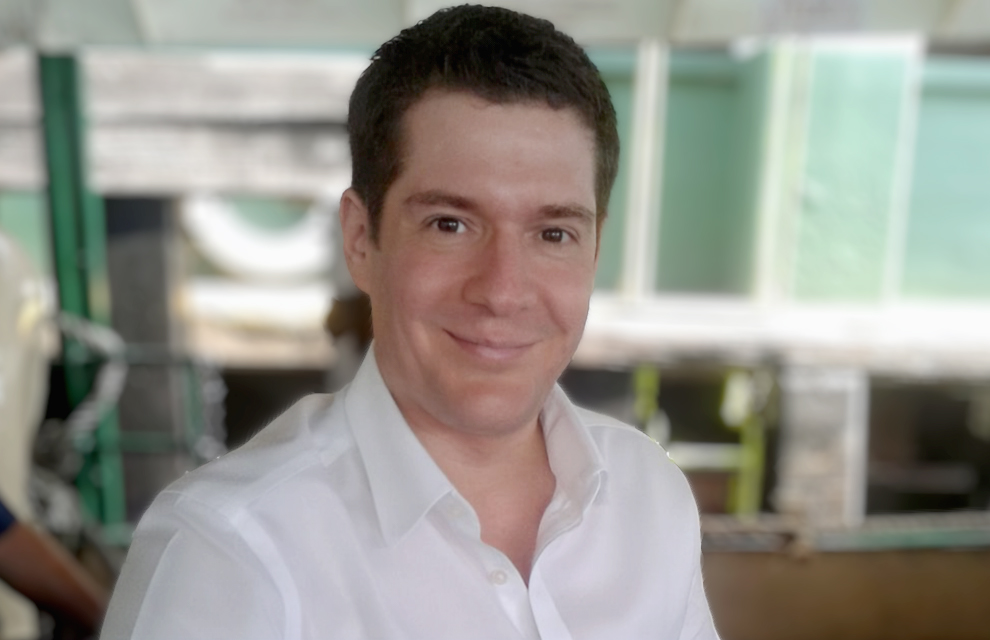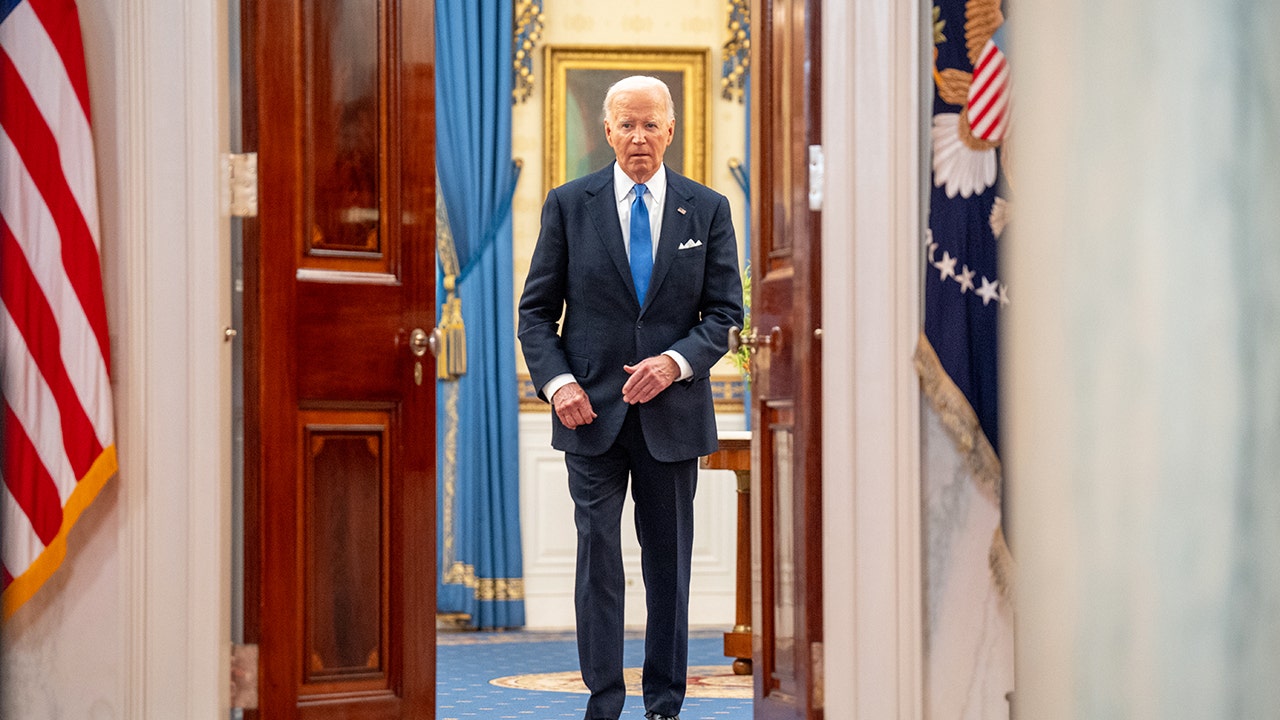World
Dutch king swears in a new government 7 months after elections
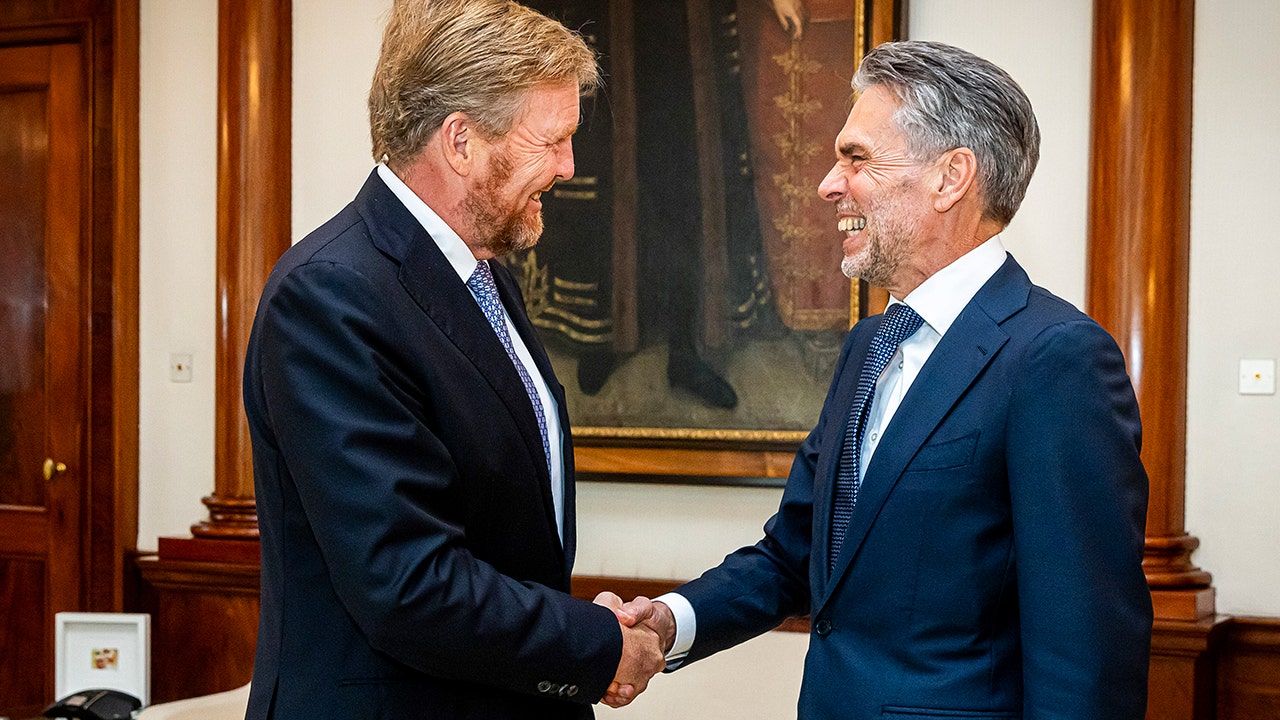
The Netherlands has a different prime minister for the first time in 14 years as Dutch King Willem-Alexander swore in the country’s new government Tuesday, more than seven months after elections dominated by a far-right, anti-Islam party.
Dick Schoof, former head of the Dutch intelligence agency and counterterrorism office, signed the official royal decree at Huis Ten Bosch Palace, saying he “declared and promised” to uphold his duties as the country’s prime minister. The 67-year-old was formally installed alongside 15 other ministers who make up the country’s right-leaning coalition.
FORMER INTELLIGENCE CHIEF NOMINATED AS NEW PRIME MINISTER BY THE NETHERLANDS’ INCOMING GOVERNMENT
The anti-immigration party of firebrand Geert Wilders won the largest share of seats in elections last year but it took 223 days to form a government.
The new coalition quickly faced criticism of its marquee anti-immigration policies — by its own party members, as well as opposition groups. Protesters gathered in front of the palace where the ceremony took place on Tuesday, with one woman carrying a sign asking: “Are we democratically getting rid of our democracy?”
The four parties in the coalition are Wilders’ Party for Freedom, outgoing Prime Minister Mark Rutte’s center-right People’s Party for Freedom and Democracy, the populist Farmer Citizen Movement and the centrist New Social Contract party.
Dutch King Willem-Alexander meets with incoming Prime Minister Dick Schoof, right, in The Hague, Netherlands, Monday, July 1, 2024. (Patrick van Katwijk/Pool Photo via AP)
The formal agreement creating the new coalition, titled “Hope, courage and pride,” introduces strict measures on asylum-seekers, scraps family reunification for refugees and seeks to reduce the number of international students studying in the country.
Opposition from other coalition partners prevented the controversial Wilders from taking the prime minister’s job. During the monthslong negotiations, he backpedaled on several of his most extreme views, including withdrawing draft legislation that would have banned mosques, Islamic schools and the Quran.
For the first time since World War II, the Netherlands is now led by a prime minister who is not aligned with a political party. Before serving as chief of the country’s top intelligence agency, Schoof was previously the counterterror chief and the head of the country’s Immigration and Naturalization Service.
The other government ministers were sworn in Tuesday according to seniority of their departments. One minister, Femke Wiersma who will head the agriculture portfolio, made her declaration in Frisian — the country’s second official language alongside Dutch.
Although the November elections were widely seen as a win for the far right, political youth organizations are already pushing back on the ambitions of the new government. Ahead of the swearing-in ceremony, youth groups from six parties, including two of the coalition partners, called for a softening on asylum plans.
“Although the influx must be limited, it is of great importance that we receive people here fairly and with dignity,” Eva Brandemann, chairperson of the youth wing of the New Social Contract, told Dutch public broadcaster NOS.
Her counterpart in Rutte’s party, which brought down the government last summer over concerns about the number of family reunifications for refugees, said that problems stemmed from administration, not migration.
“The problem will only get bigger if you don’t fix it,” Mauk Bresser, the chair of the People’s Party for Freedom and Democracy youth organization told The Associated Press.
While Bresser thinks the number of refugees coming to the Netherlands should be reduced, his group says those already here should have their claims processed in a timely fashion and be given the opportunity to integrate.
The new agreement slashes the country’s education budget by nearly 1 billion euros — about $1.06 billion — prompting pushback from universities. “Students will not get the education they deserve,” Nivja de Jong, a languages professor at Leiden University, told the AP. She’s part of a group of academics pushing back against the proposed cuts by delivering lunchtime talks about the importance of their research.
The new government will now spend the summer firming the coalition agreement into a governing plan.
The Netherlands isn’t the only country seeing a rise of anti-immigration, far-right views. Last month’s EU elections saw a similar shift, and French voters face a decisive choice on July 7 in the runoff of snap parliamentary elections that could see the country’s first far-right government since the World War II Nazi occupation.

World
Crypto hacking thefts double to $1.4 bln in first half, researchers say

World
Australian leader urges control of territory's soaring crocodile population after fatal attack of 12-year-old
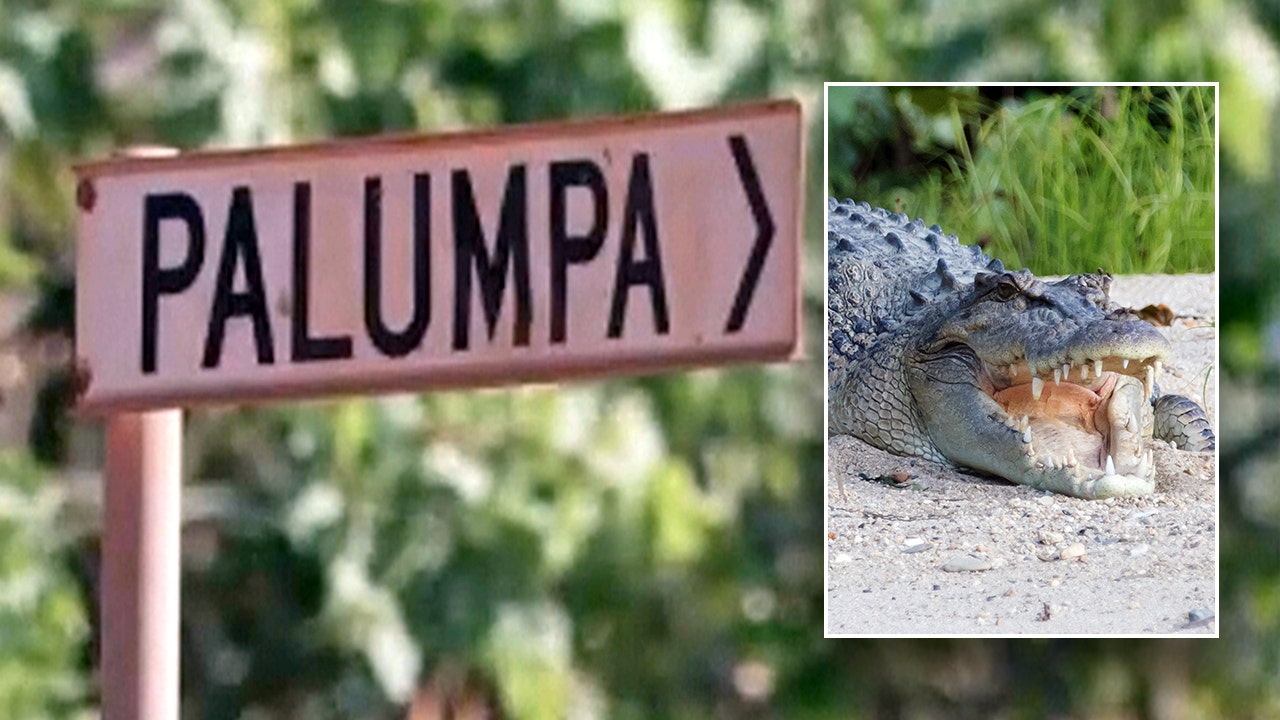
- Crocodile numbers must be controlled after a fatal attack on a 12-year-old girl, according to the leader of Australia’s Northern Territory.
- The crocodile population in Northern Australia has soared from 3,000 to 100,000 under protection since the 1970s.
- The recent death near Palumpa has spurred focus on crocodile management.
Crocodile numbers in Australia’s Northern Territory must be either maintained or reduced and cannot be allowed to outstrip the human population, the territory’s leader said after a 12-year-old girl was killed while swimming.
The crocodile population has exploded across Australia’s tropical north since it became a protected species under Australian law in the 1970s, growing from 3,000 when hunting was outlawed to 100,000 now. The Northern Territory has just over 250,000 people.
The girl’s death came weeks after the territory approved a 10-year plan for management of crocodiles, which permits the targeted culling of the reptiles at popular swimming spots but stopped short of a return to mass culls. Crocodiles are considered a risk in most of the Northern Territory’s waterways, but crocodile tourism and farming are major economic drivers.
AUSTRALIAN GIRL, 12, KILLED BY CROCODILE WHILE SWIMMING IN CREEK
“We can’t have the crocodile population outnumber the human population in the Northern Territory,” Chief Minister Eva Lawler told reporters Thursday, according to Australian Broadcasting Corporation. “We do need to keep our crocodile numbers under control.”
The remains of a 12-year-old girl were discovered in the Northern Territory of Australia on Thursday after a crocodile attack. (AP Newsroom/Getty Images)
In this week’s deadly attack, the girl vanished while swimming in a creek near the Indigenous community of Palumpa, southwest of the territory’s capital, Darwin. After an intense search, her remains were found in the river system where she disappeared with injuries confirming a crocodile attack.
The Northern Territory recorded the deaths of 15 people in crocodile attacks between 2005 and 2014, with two more in 2018. Because saltwater crocodiles can live up to 70 years and grow throughout their lives — reaching up to 23 feet in length — the proportion of large crocodiles is also rising.
Lawler, who said the death was “heartbreaking,” told reporters that $337,000 had been allocated in the Northern Territory budget for crocodile management in the coming year.
The region’s opposition leader, Lia Finocchiaro, told reporters that more investment was needed, according to NT News.
The girl’s death “sends a message that the Territory is unsafe and on top of law and order and crime issues, what we don’t need is more bad headlines,” she said.
Professor Grahame Webb, a prominent Australian crocodile scientist, told the AuBC that more community education was needed and the government should fund Indigenous ranger groups and research into crocodile movements.
“If we don’t know what the crocodiles are likely to do, we’re still going to have the same problem,” he said. “Culling is not going to solve the problem.”
Efforts were continuing to trap the crocodile that attacked the girl, police said on Thursday. Saltwater crocodiles are territorial and the one responsible is likely to remain in nearby waterways.
World
Mount Stromboli erupts off Sicilian coast
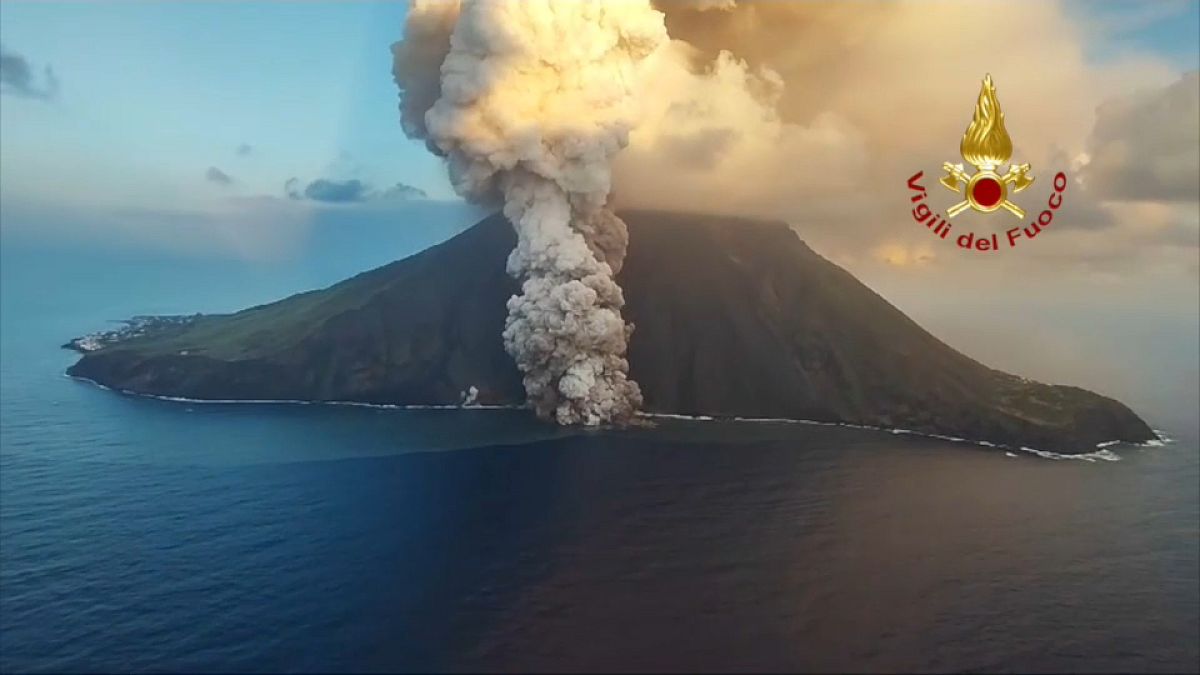
Volcanic activity has intensified in Italy as Mount Stromboli belched ash and lava off the coast of Sicily.
A second volcano has erupted in Italy this week – as Mount Stromboli belched ash and lava just off the northern coast of Sicily.
Local media report that the Italian fire department has enhanced its monitoring of the volcano as it becomes more active.
The coast guard has stepped up its activity too deploying more patrol boats and aircraft.
The Volcanic Ash Advisory Centre (VAAC) based in Toulouse, France warned of an ash plume that rose up to an estimated altitude of 2000m.
Lava flowed from the volcano into the sea along the Sciara del Fuaco, a depression on the island which serves as a major tourist attraction for the island.
Stromboli is one of the most active volcanoes in the world – renowned for its regular, but normally minor, eruptions that send lava oozing from vents inside its crater.
It has been active for thousands of years. With an area of 12.6 square kilometres, the island represents the upper third of the volcano.
The minor eruptions which are often visible from the island and surrounding sea have given rise to its nickname of the “Lighthouse of the Mediterranean.”
Yesterday, Mount Etna erupted with a spectacular display of lava and ash. Lava flowed from the 3,300 metre high mountain.
The eruption caused Italy’s Civil Protection agency to raise the alert level in the area from green to yellow.
The two volcanoes are barely 180km away from each other.
-

 News1 week ago
News1 week agoToplines: June 2024 Times/Siena Poll of Registered Voters Nationwide
-

 Politics1 week ago
Politics1 week agoPopular Republican and Trump running mate contender makes first Senate endorsement in 2024 races
-
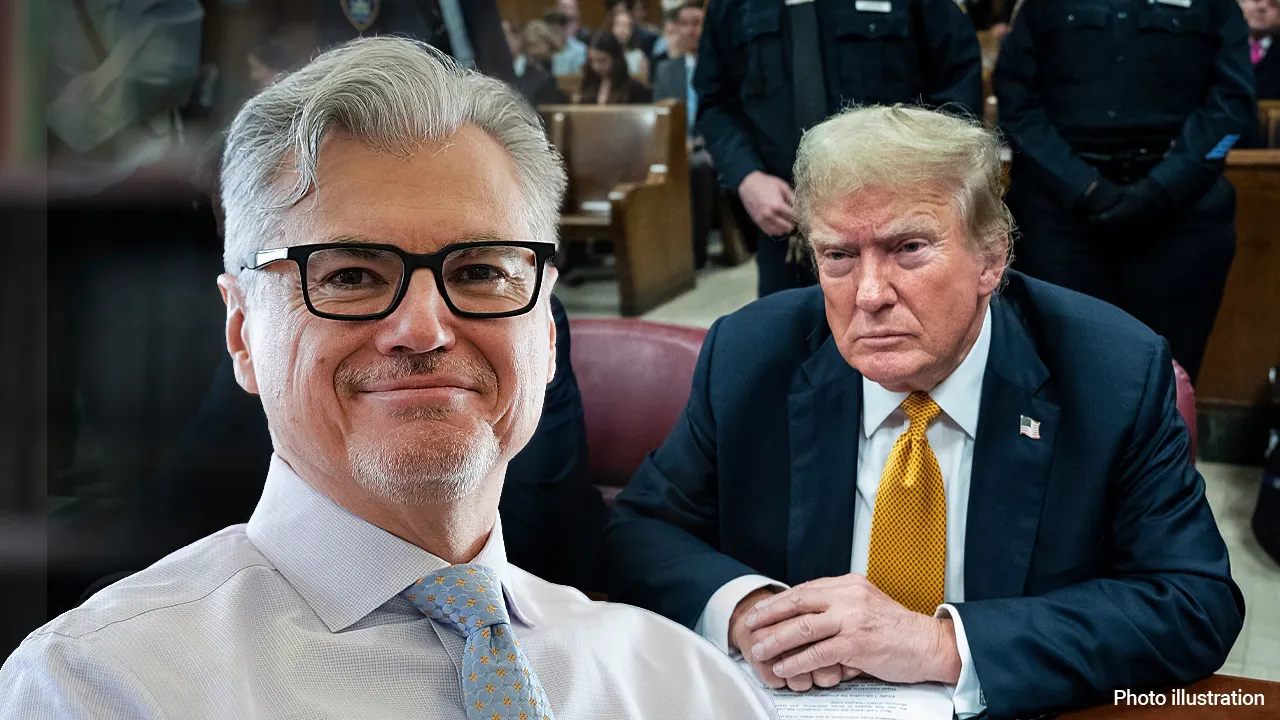
 Politics1 week ago
Politics1 week agoFox News Politics: Trump Ungagged…Kinda
-

 News1 week ago
News1 week agoIowa floodwaters breach levees as even more rain dumps onto parts of the Midwest
-
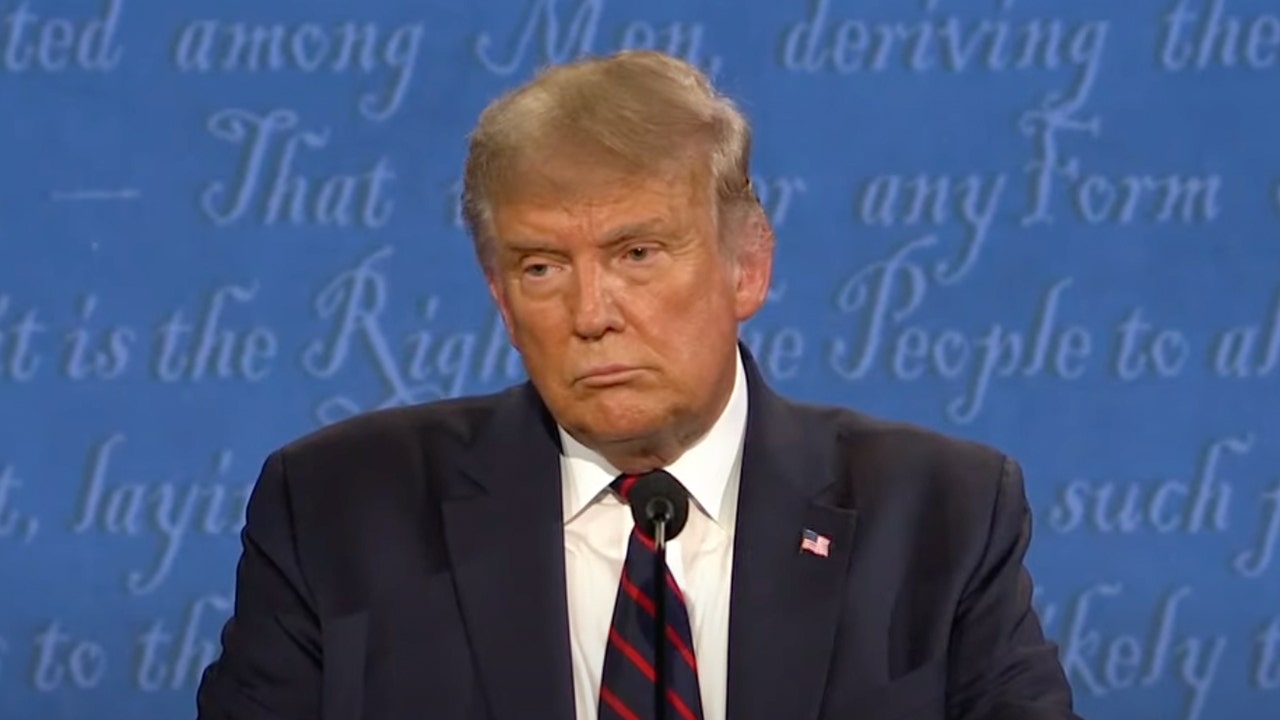
 Politics1 week ago
Politics1 week agoThe many faces of Donald Trump from past presidential debates
-

 Politics1 week ago
Politics1 week agoMike Kennedy advances past crowded GOP primary to secure nomination for open Utah House seat
-

 News1 week ago
News1 week agoNew Jersey gamer flew to Florida and beat fellow player with hammer, say police
-

 News5 days ago
News5 days agoVideo: How Blast Waves Can Injure the Brain




